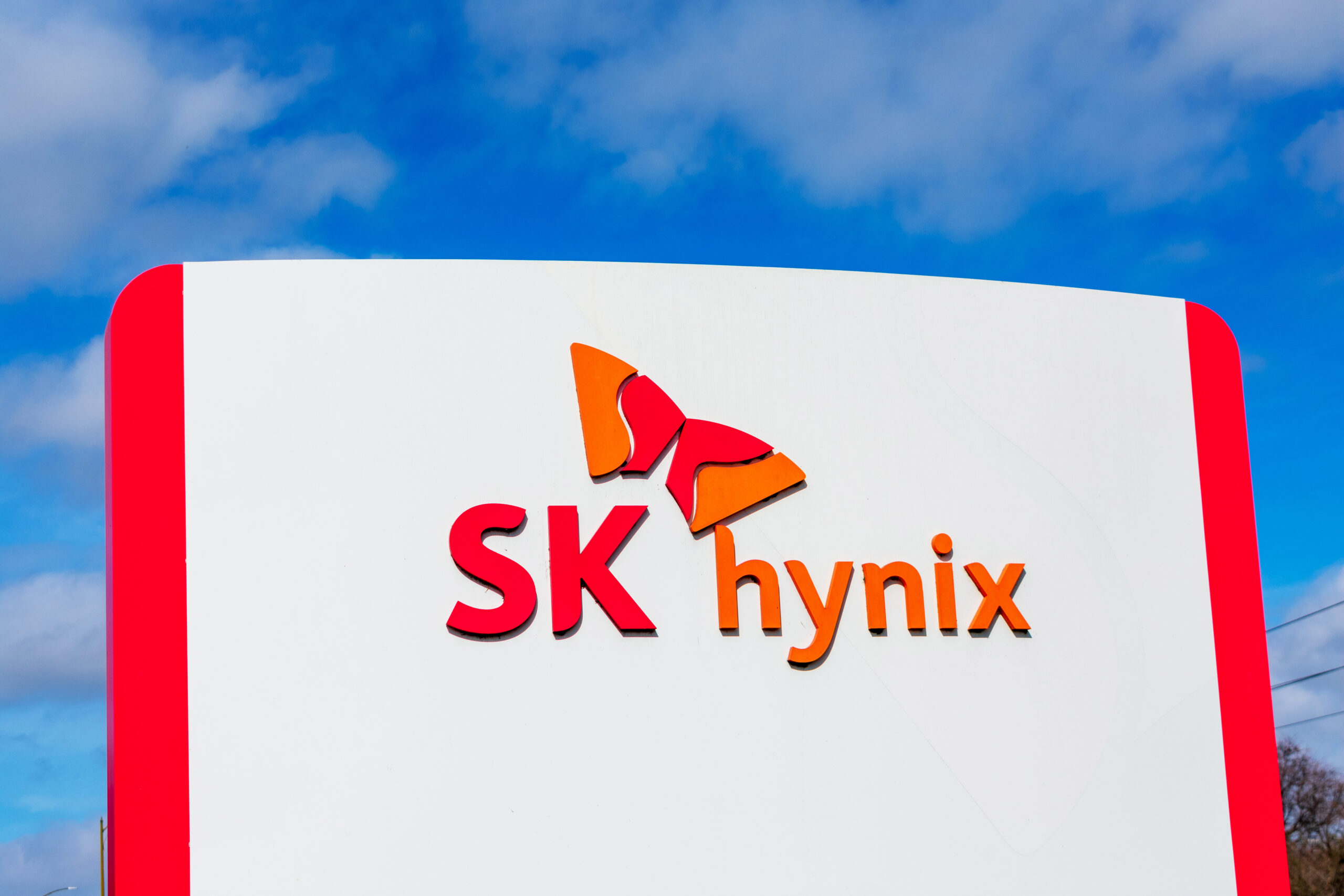Meta Unveils Artemis Chip To Reduce Nvidia Dependency: Here’s Why

Meta Launches Artemis Chip
Meta, the parent company of Facebook and Instagram, has unveiled plans to deploy a new custom semiconductor chip named “Artemis” in its data centers to reduce reliance on external suppliers. Per multiple reports, Meta intends to roll out a second-generation, in-house chip designed specifically to power advanced AI applications.
According to sources familiar with the matter, the Artemis chip is primarily geared towards facilitating “interference,” a process through which AI models utilize algorithms to make judgments and generate responses to user prompts. Meta aims to integrate this technology into its existing infrastructure, reducing its reliance on off-the-shelf GPUs procured from Nvidia, a key player in the semiconductor industry.
A spokesperson for Meta confirmed the reports, stating that the company plans to launch an updated chip in 2024. This move comes on the heels of Meta CEO Mark Zuckerberg’s recent announcement regarding the acquisition of 350,000 flagship “H100” processors from Nvidia,
A Broader Strategy For Operational Efficiency
Meta’s decision to develop its semiconductor chip underscores its broader strategy to reduce production costs and energy consumption. By investing in proprietary technology, Meta can mitigate the risks associated with depending solely on chips sourced from Nvidia, a market leader in semiconductor manufacturing.
Nvidia’s dominance in the semiconductor space was further highlighted by its record-breaking $18 billion revenue for Q3, partly attributed to the growing demand for hardware tools for generative AI applications. With a market capitalization exceeding $1.56 trillion, Nvidia has positioned itself as a formidable force in the industry, with plans to expand its presence in China and Vietnam.
Challenging Nvidia’s Dominance
It is worth noting that Meta’s pursuit of self-reliance in chip development is not an isolated endeavor. Last October, OpenAI, the creator of the popular chatbot ChatGPT, hinted at the possibility of acquiring a chip-making firm to produce its own AI chips.
In January 2024, Sam Altman, CEO of OpenAI, reiterated the company’s intention to raise funds to establish semiconductor manufacturing facilities. Moreover, Microsoft released its AI-focused chip named “Maia” last November.
Irish Council Urges EU Probe Into Microsoft-OpenAI Partnership
In a move that spotlights growing concerns over the implications of tech giants’ collaborations with AI-related firms, the Irish Council for Civil Liberties (ICCL) has urged European Union regulators to scrutinize Microsoft’s collaboration with OpenAI.
The ICCL claimed that the partnership is more of a merger than a typical business collaboration. The ICCL, in its submission to the European Commission, argues that Microsoft’s level of involvement in OpenAI goes beyond the conventional norms observed in such partnerships.
Monopoly Concerns
Central to the ICCL’s argument is the contention that Microsoft’s actions, particularly its intervention in OpenAI’s internal affairs, suggest a level of influence tantamount to a merger. The council argued that Microsoft was involved in the firing and subsequent rehiring of CEO and co-founder Sam Altman. The ICCL contends that such actions raise concerns about monopolistic control in the AI industry.
Azure Cloud’s Dominance Raises Red Flags
Furthermore, the ICCL highlighted the role of Microsoft’s Azure cloud services, a critical infrastructure for various OpenAI services, including the widely-used ChatGPT. The council argues that Microsoft’s technological dominance in this regard could stifle competition and innovation in the marketplace and would be a detriment to end consumers.
In its statement to the European Commission, the council underscored the importance of safeguarding the public interest in the face of corporate consolidation and market manipulation. This call for investigation mirrors similar scrutiny underway in the United Kingdom, where regulators evaluate whether the Microsoft-OpenAI partnership should be legally classified as a merger.
As regulatory bodies delve deeper into the intricacies of tech collaborations, the outcomes of these investigations are poised to shape the future landscape of AI governance in the UK, the US, and other nations worldwide.
Tokenhell produces content exposure for over 5,000 crypto companies and you can be one of them too! Contact at info@tokenhell.com if you have any questions. Cryptocurrencies are highly volatile, conduct your own research before making any investment decisions. Some of the posts on this website are guest posts or paid posts that are not written by Tokenhell authors (namely Crypto Cable , Sponsored Articles and Press Release content) and the views expressed in these types of posts do not reflect the views of this website. Tokenhell is not responsible for the content, accuracy, quality, advertising, products or any other content or banners (ad space) posted on the site. Read full terms and conditions / disclaimer.




